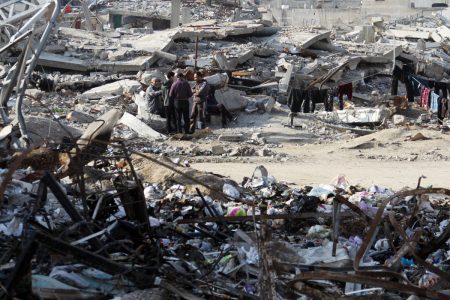Public Power Coerporation President Manolis Panagiotakis has identified five obstacles that must be transcended in order for the call for investments in the company’s lignite plants to go forward as scheduled, on 1 July, 2018.
The first is that the government needs to draft a specific National Energy Plan, so that investors may know the desired mix of energy sources over the medium-to-long run. “We must know if we want lignite and if so, how much,” Panagiotakis said.
Secondly, lignite investors must know if they will be compensated for maintaining their plants on standby.
The third hurdle is the environmental licensing permits and the review and resolution of judicial challenges to the operation of plants.
The fourth issue is to examine pending matters regarding the Vevi mine, whose output is crucial for the Meliti II facility.
As regards the market test for lignite, Panagiotakis said that 40 invitations were issued by the European Commission’s Directorate General for Competition (DG Comp).
Seven invitations went to major Chinese companies, such a Shanghai Energy and China Energy, and the rest to American and European Companies, as well as major domestic players in the energy market and other big businessmen in Greece, such as the Manesis family’s Steelworks (Halyvourgia).
The overarching issue is whether lignite production is profitable, as the production process is cheap but the fees paid for emissions pollution hikes the price.
The Megalopolis III unit has a lifespan running up to 2025, and Megalopolis IV until 2033.
Panagiotakis said the PPC wants to push forward with the Amyntaio plant in Ptolemais prefecture, but only with a strategic partner
.
Ptolemais V is the PPC’s last lignite investment. After 2032, the company will retain 12 percent of the lignite market, with a unit at Agios Dimitrios and Ptolemais V.



